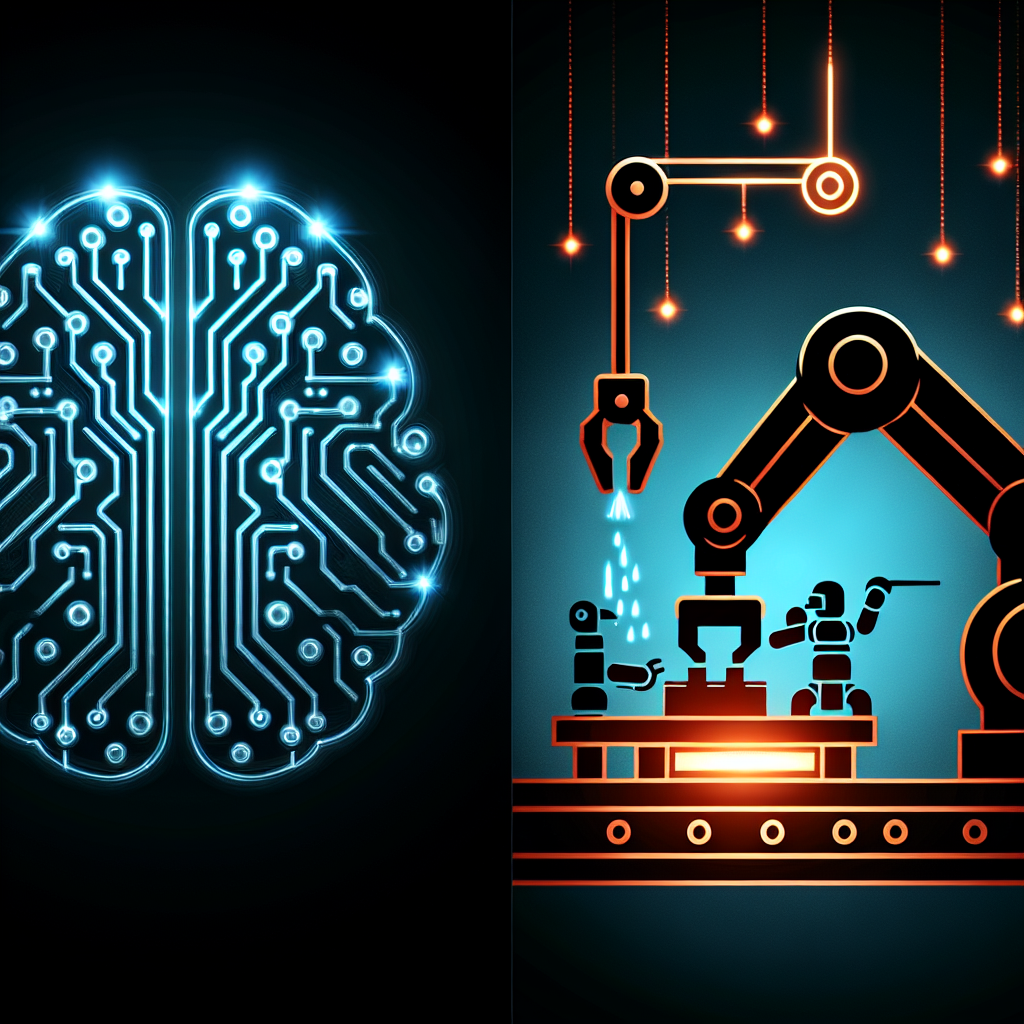The Impact of AI Software on Job Automation
Artificial Intelligence (AI) has rapidly advanced in recent years, with implications for a wide range of industries. One of the most significant impacts of AI technology is its potential to automate jobs that were previously done by humans. This shift has raised concerns about job displacement, but also offers opportunities for increased efficiency and innovation in the workforce.
AI software uses algorithms and machine learning to perform tasks that typically require human intelligence. These tasks can range from data analysis and decision-making to customer service and manufacturing. As AI technology continues to improve, it has the potential to replace human workers in a variety of industries.
One of the primary benefits of AI automation is increased efficiency. AI software can perform tasks at a faster pace and with greater accuracy than humans, leading to cost savings and improved productivity for businesses. This increased efficiency can also lead to new job opportunities in industries that are adopting AI technology.
However, the automation of jobs by AI software also raises concerns about job displacement. As AI technology becomes more advanced, it has the potential to replace human workers in a variety of industries, leading to unemployment for those whose jobs are automated. This displacement can have significant economic and social impacts, as workers may struggle to find new employment or may need to retrain for different careers.
Despite these concerns, there are also opportunities for new jobs and industries to emerge as a result of AI automation. As AI technology continues to advance, there will be a growing demand for workers with skills in data analysis, machine learning, and other AI-related fields. This demand for skilled workers can lead to new job opportunities and career paths for those who are willing to adapt to the changing workforce.
In addition to job displacement and new job opportunities, AI automation also raises ethical and social considerations. As AI technology becomes more advanced, there are concerns about the impact of automation on income inequality, privacy, and the overall well-being of society. These concerns highlight the need for policies and regulations to ensure that AI technology is used responsibly and ethically.
FAQs
Q: Will AI automation lead to widespread job displacement?
A: While AI automation has the potential to replace human workers in certain industries, it is unlikely to lead to widespread job displacement. Instead, AI automation is more likely to shift the nature of work, creating new job opportunities in industries that are adopting AI technology.
Q: What can workers do to prepare for AI automation?
A: Workers can prepare for AI automation by developing skills in data analysis, machine learning, and other AI-related fields. By acquiring these skills, workers can position themselves for new job opportunities in industries that are adopting AI technology.
Q: What are the ethical implications of AI automation?
A: AI automation raises ethical concerns about job displacement, income inequality, privacy, and the overall well-being of society. It is important for policymakers and businesses to address these concerns and ensure that AI technology is used responsibly and ethically.
In conclusion, the impact of AI software on job automation is complex and multifaceted. While there are concerns about job displacement and ethical implications, there are also opportunities for increased efficiency, innovation, and new job opportunities. As AI technology continues to advance, it is important for policymakers, businesses, and workers to address these challenges and opportunities in order to ensure a positive impact on the workforce and society as a whole.

